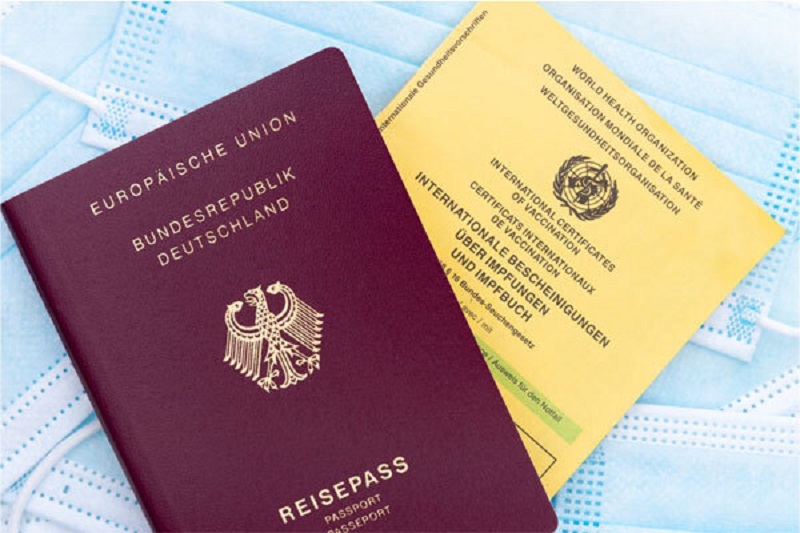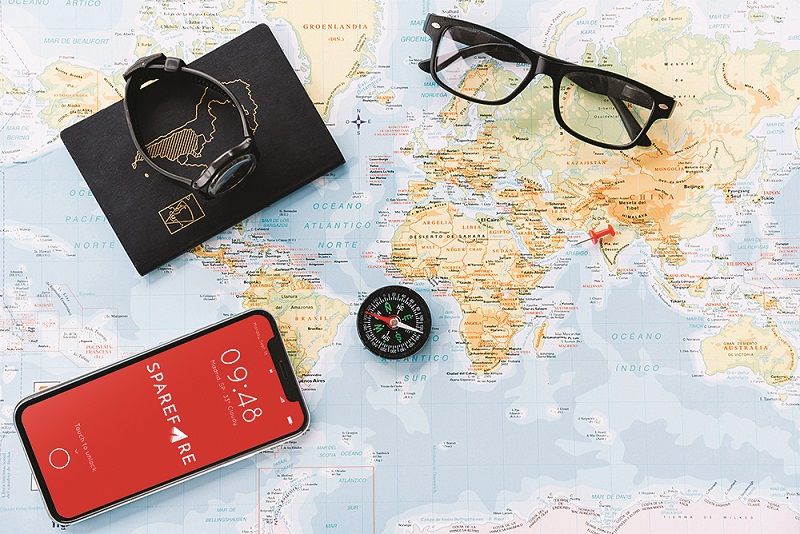
Hospitality industries around the globe are cautiously, but steadily, bullish. One&Only Aesthesis is set to open in Greece later this year (Photo: One&Only Aesthesis)
Travel enthusiasts are calling 2022 the year of the GOAT, or the “greatest of all trips”, as holidaymakers are eager to shell out for experiences and cash in their miles which have been gathering dust since 2020. With Europe looking to relax restrictions further, the US lifting its mask mandates, and borders reopening in parts of the world, including Malaysia on April 1, the state of travel seems to suggest a favourable comeback. As glamour of the exotic and far-flung rekindles a sense of wanderlust, jet-setters are all ready to go big with renewed curiosity.
Even hospitality industries around the globe are cautiously, but steadily, bullish. Despite reporting a loss of US$267 million in 2020, Marriott International has continued to expand its luxury segment with 30 new hotels as well as 14 branded residential projects from New York to Belgrade. Just last month, Hilton Worldwide Holdings topped analyst estimates for quarterly profit and revenue as occupancy rates across its hotels rose to 61.3% from 20.7% in 2021. Those hankering for the ultra-luxe will soon be able to bask in the sweeping vistas of lavender fields and sapphire waters of the Aegean Sea when the 21ha One&Only Aesthesis in Greece opens later this year.
However, turbulence is still expected ahead, even though vaccine rollouts and a rebounding economy are helping international travel break through the cloud of uncertainty. We are navigating a novel territory of travel where planning for the unpredictable, more than ever, is part of the itinerary. Bucking the trend of last-minute trips that dominated the past two years of pandemic volatility, the industry has prepared for a dynamic and fluid international environment, especially when borders may open and then shut again very quickly.
one_and_only_lavender.jpg

Travel agencies in Asia, which leapfrogged the West to economic recovery, thanks to a united pandemic response, have pivoted to adopt an asset-light business model. Given the arbitrary and erratic nature of the coronavirus, hotel conglomerates are cutting losses by partnering with independent logistics providers and intermediaries like local tour operators to design short-haul trips, customised experiences and spontaneous adventures.
Although hospitality has always been a volatile sector susceptible to oil price hikes and geopolitical instability, it has proven to be steadfastly resilient. Airlines have gone bankrupt and merged for profitability, but the number of people traversing the airspace has grown exponentially. Having said that, traveller experience these days has been pushed back due to the vexing bureaucracy and hassle of Covid tests and quarantines, in addition to the usual rigmarole of, say, booking a car or ordering a foreign SIM card. It is a boon, then, that a motley crew of start-ups have been working towards a frictionless system to coax us out of our self-isolating cocoon.
Earlier this month, the United Nations’ International Civil Aviation Organization (ICAO) appointed tech firm Zamna to gather public health record verification such as Covid test results, vaccination details and booster certificates under one roof. Using blockchain to digitally verify and connect siloed passenger data sets between airlines, governments and security agencies, the identity and disembarking location of the traveller can be detected immediately without causing delays at the airport. In the near future, carriers from Spain, Portugal, the UK and the US can securely verify passenger testing results without requesting additional documentation before boarding.
zamna.jpg

What if your flight is cancelled? UK-based InsurTech Blink, like many of its counterparts that are leveraging game-changing technologies such as big data, artificial intelligence and smartphone apps to enhance their operations, removes the fuss of filling out claim forms and compensates with real-time perks, from airport lounge access to cash claims.
The pesky rules of non-refundable airfares can be overturned at SpareFare, a marketplace that connects people who bought flights or holiday packages they can no longer use with travellers seeking urgent or discounted deals. Sellers can partially or fully recover the money they paid for the trips, while buyers get a discount of up to 50% of the original ticket price. A similar approach is being carried out at Transfer Travel too, which offers an even broader spectrum of transferables such as flights, rail and coach journeys, festivals, accommodation reservations, cruises and travel vouchers.
sparefare_connects_travellers_who_want_to_sell_their_unwanted_flights_and_hotels_with_buyers_looking_for_travel_deals.jpeg

Malaysia is not lagging behind either. Start-up TixCarte Group Sdn Bhd, which collaborated with Amsterdam-based ticketing platform Tiqets, uses cloud-based technology to connect over 3,500 attractions and activities with a worldwide community of resellers. Its automated programming interface (API) and White Label solution allow resellers to enjoy flexibility like open-date tickets and modifications. Such convenience eliminates the need for what luxury travellers call “trip stacking” — booking two trips to ensure they would not be left out in the cold if their plans fell through.
A holiday lull induced by the pandemic has prompted travel organisations to bulk up their roster of expeditions with bespoke choices. For that, Tourplus Technology Sdn Bhd launched an app for users to gauge the quality of an attraction or restaurant based on reviews by like-minded tourists. Equipped with a vast database that links thousands of local guides in Southeast Asia, Tourplus helps travellers curate a personalised itinerary and make decisions according to their preferences via its Advance Recommendation System.
Years ago, do-it-yourself booking sites had swapped out living, breathing travel agents for online services that are more algorithmically determined, along with personalisation and the very best bargains. Now, the pandemic has upended this reliable business model as tech interjections have conjured up a contactless world that is alluring and alienating. The beleaguered process of getting vaccinated, sanitising our hands, wearing a mask and keeping our distance may undermine the anticipation building up to our ideal vacation. But with proper precautions, a refreshed travel scene — fuelled by tech-driven innovations that propel a sustainable recovery — may just evoke new sensations and provide us with an escape from this quagmire of uncertainty.
This article first appeared on Mar 21, 2022 in The Edge Malaysia.


